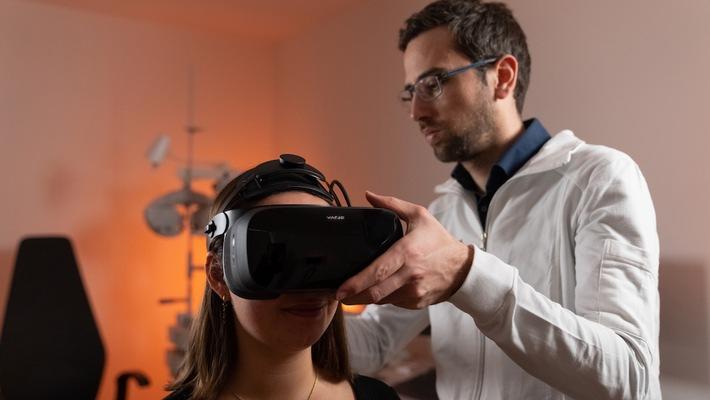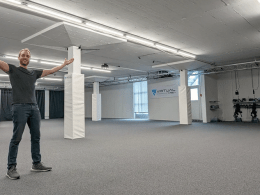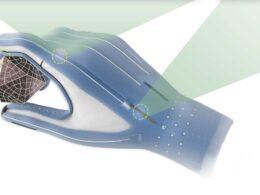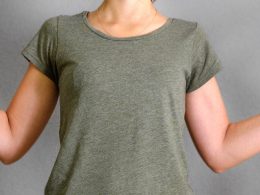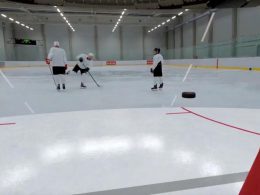Varjo, the leading provider of VR/XR hardware and software for professional use, announced a few days ago its partnership with machineMD, a Swiss medical technology company, for the development of neos, an innovative diagnostic device being developed for the early diagnosis of brain disorders. neos will be integrated into the Varjo Aero headset and will enable a complete, standardised and instrument-based neuro-ophthalmological examination using the integrated and industry-leading VR-based eye-tracking solution.
"As a neuro-ophthalmologist, for me the eye is the window to the brain," said Prof. Mathias Abegg, Medical Director of machineMD. "The Varjo Aero offers me the clearest and most precise view through this window."
Potential for new medical devices
Today, neuro-ophthalmological examinations are mostly performed manually. Doctors need years of specialised training to do this. The examinations are time-consuming and the results are largely qualitative. Overall, this too often leads to wrong or late diagnoses. There is great untapped potential for new medical devices that can assist medical staff.
machineMD was founded to make the diagnostic quality of highly qualified specialists accessible to every doctor. The results are quantitative, objective and reproducible and can be sent to clinics and specialists via telemedicine, enabling remote diagnosis and reducing examination time from 45 to 10 minutes. This has the advantage that all patients are examined according to the same standard, which improves efficiency.
VR-based eye tracking in combination with ophthalmology and neuroscience
The Varjo Aero is the first time a VR headset has been used to perform eye examinations to aid in the diagnosis of brain disorders. The key component behind neos is Varjo's integrated eye-tracking technology, which is optimised to measure movements of the human eye. Varjo's proprietary eye-tracking technology is video-based and uses two high-speed cameras and infrared illumination to capture images of a patient's eyes at 200 hertz, measuring information such as pupil position, pupil dilation, pupil distance (IPD), focus or fixations, eye movement patterns and more. Varjo's eye-tracking solution is industry-leading through its unique use of infrared illumination patterns, enabling consistent results even when glasses are used.
"VR-based eye tracking combined with ophthalmology and neuroscience opens up new avenues for researchers and medicine," says Seppo Aaltonen, co-founder and chief technology officer of Varjo. "The Varjo Aero headset provides a view into the brain, so to speak, and we are proud to collaborate with machineMD to make this technology a reality."
The development of neos is progressing rapidly with studies at the University Hospital of Bern and other clinics. machineMD recently completed a seed funding of EUR 5 million and is on track to bring neos to market by the end of 2023.
Source: Press portal





